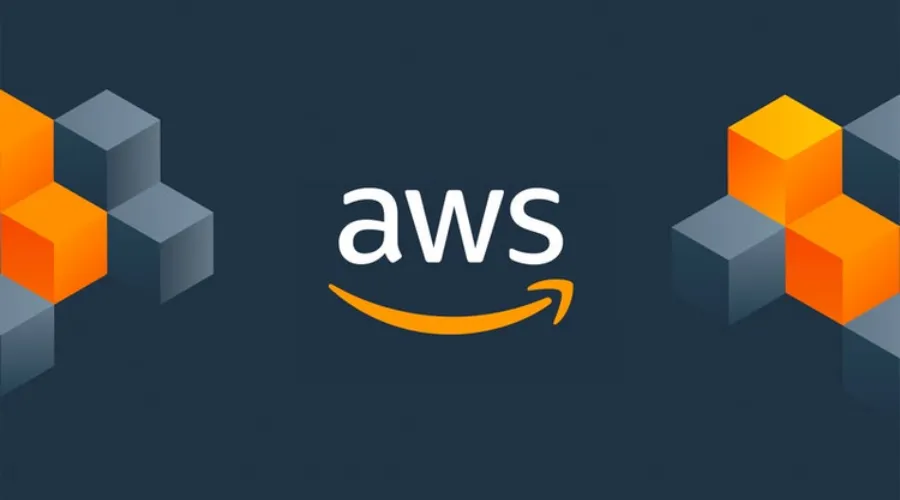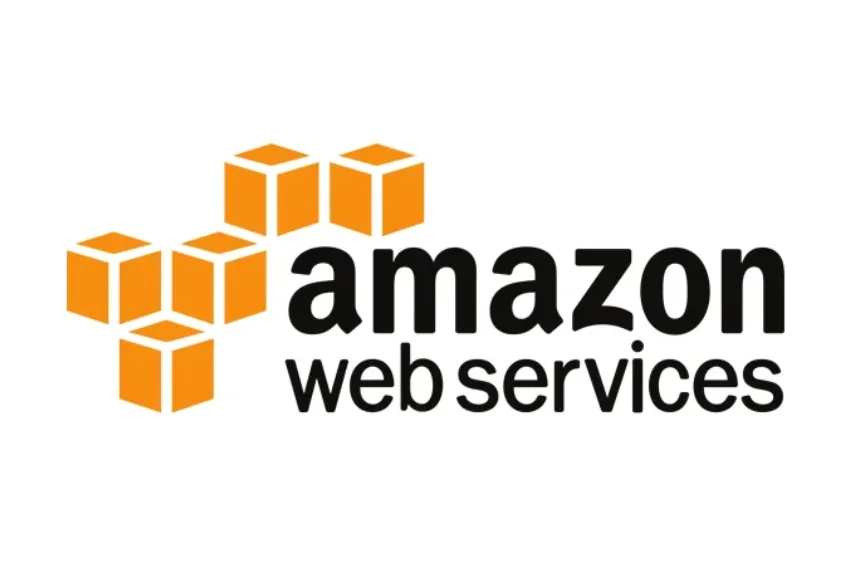Amazon AWS is a cloud computing service provided by Amazon; where AWS stands for Amazon Web Services. Just like many other cloud computing platforms that offer global services, AWS is also a comprehensive service provider in over 200 countries across the globe. Many ed-tech platforms and government organizations use Amazon AWS. Alongside other famous companies like BBC, ESPN, Twitter, Facebook, and Netflix also used AWS services.
AWS is gaining increasing popularity after the second quarter of 2021 and will become a major component of the e-commerce platforms. Now it has been the major frontrunner in the market and prime competitor of Google Cloud Platform and Microsoft Azure. Here in this blog, we will discuss what Amazon AWS is and its features and usage.
What is Amazon AWS?

Before discussing what Amazon AWS exactly is, let’s know about cloud computing. Cloud Computing mainly refers to the online delivery of frontline services like storage, databases, servers, and many other platforms. It is very helpful to track and use large databases and important files without having a local machine. It helps users to store, access, and use the data and files remotely.
Amazon Web Services simply known as AWS provides 200 fully-featured services with its data centres all across the world. It is one of the most effective cloud platforms that provides cost-effective and lucrative solutions for cloud computing.
- Advertisement -
It is widely accepted for its computing power, flexible content delivery, and robust database storage. AWS services were first launched in the market in the year of 2002, and the first AWS products were launched in 2006. Amazon first launched the Amazon AWS S3 cloud storage in March 2006, followed by EC2 in August 2006.
In 2010, Amazon’s retail e-commerce site Amazon.com was migrated to its cloud server, and in 2012 Amazon hosted the first annual conference focusing on AWS partners and ecosystem. The success of the integrated cloud platform started in 2015 when the company made a mammoth profit of nearly $5 billion, followed by the subsequent quarters where the revenue grew 64% higher than the previous one. AWS got $10 billion in revenue in 2016 and $17.46 billion in 2017, which makes it one of the aggressors in the market.
Popular Amazon AWS Services:

Over 100 services are provided by Amazon, which includes AWS compute services, storage services, and database services. Let’s have a look at the popular AWS services as follows:
AWS compute services:
Amazon EC2:
Amazon Elastic compute cloud which is fairly known as Amazon EC2 provides compute capacity that is resizable depending upon the user’s needs. It can expand as well as shrink depending upon the user’s requirements.
Amazon Lightsail:
Lightsail helps to enable a virtual private server(VPS) which can be managed with ease. With Amazon Lightsail, any developer can start their projects quickly in a virtual machine with all the requirements provided.
Amazon Lambda:
With this tool, users don’t need to manage any server and can easily compute here. Lambda can execute codes and it also scales automatically. It can execute a few requests in a day.
AWS Storage services:
Amazon S3:
Amazon S3 is an object storage platform that can store data from anywhere. It can store data from websites, mobile applications, and many other devices. It provides enough flexibility to manage data alongside comprehensive security.
Amazon Glacier:
It is one of the popular cloud services provided by AWS which is used for archiving data and long-term data backup.
Amazon EBS:
Amazon EBS or Elastic Block Store provides reliable storage volume for EC2. It is accessible in the same zone as any running instance.
AWS Database services:
Amazon RDS:
The RDS helps to manage relational databases in the cloud providing support in setting up, scaling, and managing operations. Also, it helps to do tasks like hardware provisioning, database setup, and managing the backup.
Amazon Redshift:
Amazon Redshift is a fully managed data warehouse that helps users manage their data using SQL and BI tools. It also helps users to solve complex analytical queries against structured data using sophisticated query optimizations.
Also Read: The Ultimate Guide to Finding the Best Cloud Hosting for Your Needs
Key Features of Amazon AWS:
There are multiple key features provided by Amazon AWS which are as follows:
- Flexibility: AWS provides more flexibility than other IT services. It provides flexibility to the users to their respective programming models, languages, and operating systems according to their requirements. The migration of legacy applications is relatively easier on the cloud. It is a great asset for organizations to deliver their products with more productivity.
- Cost-effectiveness: While delivering IT solutions, the cost plays a major role. While in AWS there’s no upfront investment and provides long-term commitment. It helps to access the resources more quickly and provides more effectiveness to meet the business challenges that could increase the revenue, and reduce the cost.
- Security: AWS is a more secure cloud computing platform that provides end-to-end security and privacy to the users. The confidentiality, integrity, and availability of user data which is of the utmost importance of AWS.
Applications of AWS:
There are several applications of Amazon AWS some of which are included below:
- It provides multiple types of storage support which can be easily accessible in large business applications
- Many businesses can host their websites on the AWS server.
- AWS helps to create gaming applications easier to access the application across the world.
- AWS is accessible both in web and mobile applications and it is compatible with e-commerce and SaaS applications.
- Amazon Elastic MapReduce helps to process large amounts of data via the Hadoop framework.
- AWS offers voice and text chatbot technology.
- AWS also enables users to make use of AR and VR development tools to offer 3D web applications
Conclusion:
AWS offers versatile solutions to businesses which helps to seal their spot in cloud business and also become an aggressor in the market. Many companies are using AWS services irrespective of the industry. Many technology giants as well as startups, government organisations, food, and manufacturers are also using the AWS cloud applications. For more information related to core technical topics like cloud computing, please follow our official blog.


